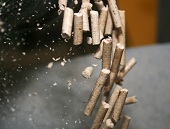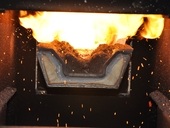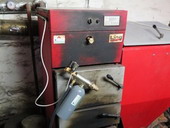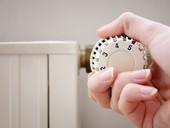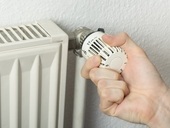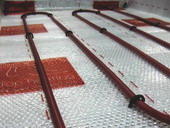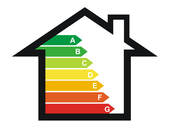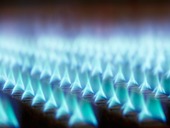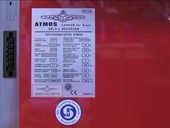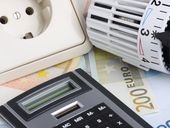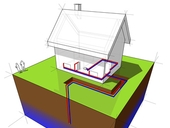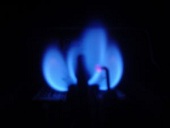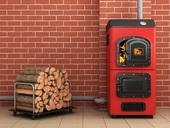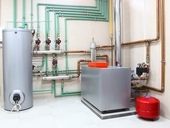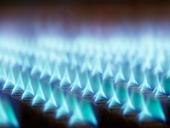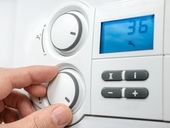Pellet heating systems are a fairly new technology. Consequently there may be problems caused by the lack of experience with this technology. This also applies to pellet storage installations. Pellet stores have to fulfil a number of requirements to make sure that the pellet quality is maintained and safe operation is guaranteed.
The ENplus storage guideline describes the requirements to preserve fuel quality and provide safe storage of pellets for both professionals (such as installers) and consumers. It covers the technical properties of pellet stores as well as information on safe and adequate operation of these stores. They do not replace installation guidelines and instructions from pellet boiler/storage manufacturers but do take precedence over advice from installers/distributors. Planning aids and filling regulations from manufacturers of pellet storage, extraction systems and pellet boilers must be followed.
Professional practices are the cornerstone of successful market development.
Newsletter
Přihlaste se k odběru newsletteru a my vám každý týden pošleme přehled toho nejlepšího z TZB-info!
více o newsletteru
